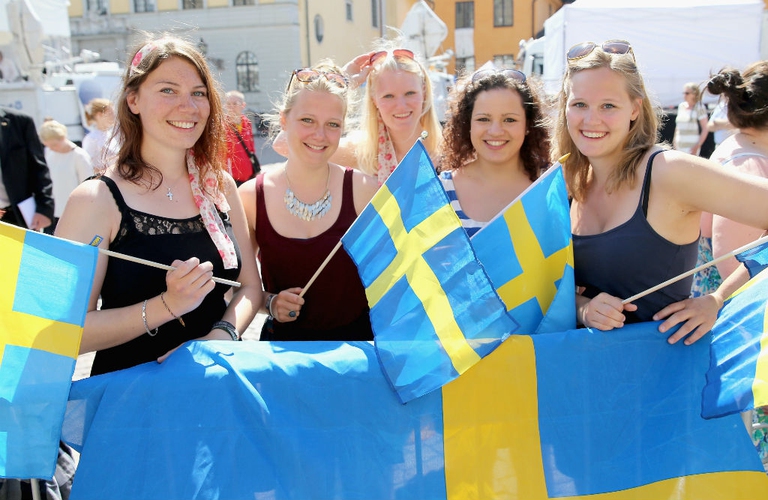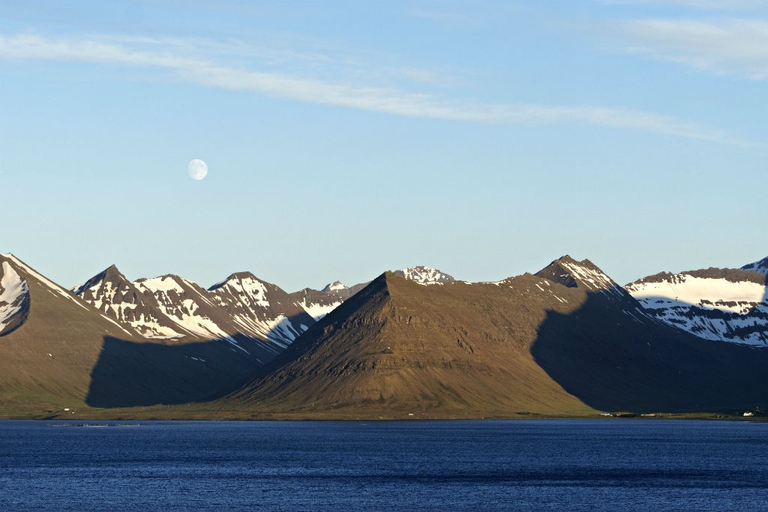
As per tradition after 12 years India held Mahakumbh, the world’s largest spiritual congregation that has been attracting pilgrims from across the globe.
The index examines how nations contribute to “the common good of humanity” measuring their wellbeing, equality, CO2 reduction. Sweden is ranked first.
Sweden is the “goodest” nation among the 163 countries assessed by the Good Country Index. The index examines how each country impacts on the planet and contributes to the “common good of humanity”.
“The Good Country Index doesn’t measure what countries do at home. This isn’t because we think these things are unimportant, of course, but because there are plenty of surveys that already measure them,” the inventor of the survey Simon Anholt explains.
The ranking compares data from the UN Human Development Index and combines it with data that measure each country’s contribution to science and technology, calculating for example the number of foreign students studying in the country as well as the number of articles published in international journals; with data related to the peacekeeping troops sent overseas for UN missions as well as arms exports; and, finally, data measuring the contribution to the protection of the environment and sustainable development, to the protection of forests and reduction of CO2 emissions.
Sweden is the first in the ranking, followed by Denmark and Netherlands. In the lower end of the rankings there are Libya (163rd), Equatorial Guinea (162nd) and Central African Republic (161st).
The country that gave the best contribution to tackling climate change and reducing CO2 emissions is Iceland.
“What the Index does aim to do is to start a global discussion about how countries can balance their duty to their own citizens with their responsibility to the wider world, because this is essential for the future of humanity and the health of our planet”, Anholt states. “We hope that looking at these results will encourage you to take part in that discussion”.
Siamo anche su WhatsApp. Segui il canale ufficiale LifeGate per restare aggiornata, aggiornato sulle ultime notizie e sulle nostre attività.
![]()
Quest'opera è distribuita con Licenza Creative Commons Attribuzione - Non commerciale - Non opere derivate 4.0 Internazionale.
As per tradition after 12 years India held Mahakumbh, the world’s largest spiritual congregation that has been attracting pilgrims from across the globe.
Workers in tea gardens of West Bengal, India, that produces Ctc tea for domestic consumption complain that they have been devoid of basic facilities while political parties make hollow promises during every elections which are never fulfilled.
India is in the middle of the elections, but sadly none of the politicians have uttered a word on man-animal conflict that has been devouring several lives every year.
Manipur, a state in north-east India, is still reeling under the tremors of violence that broke out last year devouring lives and paralyzing the economy.
The government of Tanzania is currently planning to evict more than 80.000 indigenous Maasai people from their ancenstral land
A new UNU-INWEH report on the global bottled water industry reveals the massive scale of this market and the lack of strict quality controls.
Isatou Ceesay founded a social enterprise that is helping to fight plastic pollution and empowering women and young people to gain economic independence.
In 2020, Mihela Hladin made a radical decision that many, in recent times, have probably considered. This is her story, with photos by Matt Audiffret.
The Brazilian government has started evicting illegal gold miners, responsible for the health emergency that has hit the Yanomami people.









